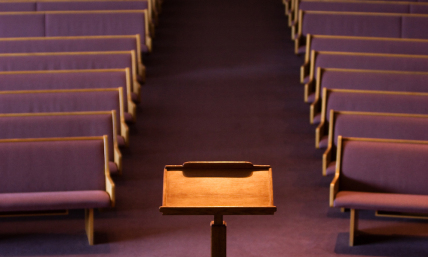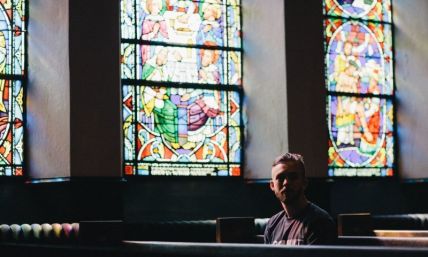What I learned from being a bi-vocational pastor
I served as a bi-vocational pastor of a tiny church in central Kentucky. We started with six people. It was my first pastorate, and I had no idea what I was doing.


Sam Rainer is president of Church Answers and pastor at West Bradenton Baptist Church in Florida.
I served as a bi-vocational pastor of a tiny church in central Kentucky. We started with six people. It was my first pastorate, and I had no idea what I was doing.

In this case, his urgent concern was not malicious. But that’s the problem. People mean well when they call you in urgency.

Many pastors rigorously protect their study time in God’s Word. The same intensity should apply to personal relationships.

Leaders must recognize doubt for what it is. Pastors especially must be open to the fact they will have doubts. The only response is to worship through the doubt.

As a pastor, I find it challenging to balance the prophetic voice with a shepherd’s hand.

When leaders get into a pattern of long-term bad behaviors, they are often detrimental to the church. But do not confuse a bad day with a bad habit.

False teachers add to Scripture to control the behavior of others. The motive is often power. Other false teachers will remove from Scripture to live as they want and participate in otherwise prohibited behavior.

Churches are notorious for living in a state of tension between fragility and resiliency. They hang on by their fingernails, but those nails are quite strong.

Conflict can be healthy. The greatest art is produced at a point of tension. Innovation occurs when the heat of conflict rises. Accountability is difficult apart from some level of conflict.

However, the families visiting your church will know whether you embrace their kids or not. The churches that welcome children have a higher likelihood of families returning — not just once but often!
